Travel Hack 101 – know a city and make it fall in love with you.
How to know a city? Let me count the ways.
There are only two things that one should always remember. FIRST is to learn about the destination. SECOND is to forget about the first.
It takes a true connoisseur of intrepidity and some chutzpah to follow the latter. How could I know it? I am, after all, fond of the second wisdom of travel.
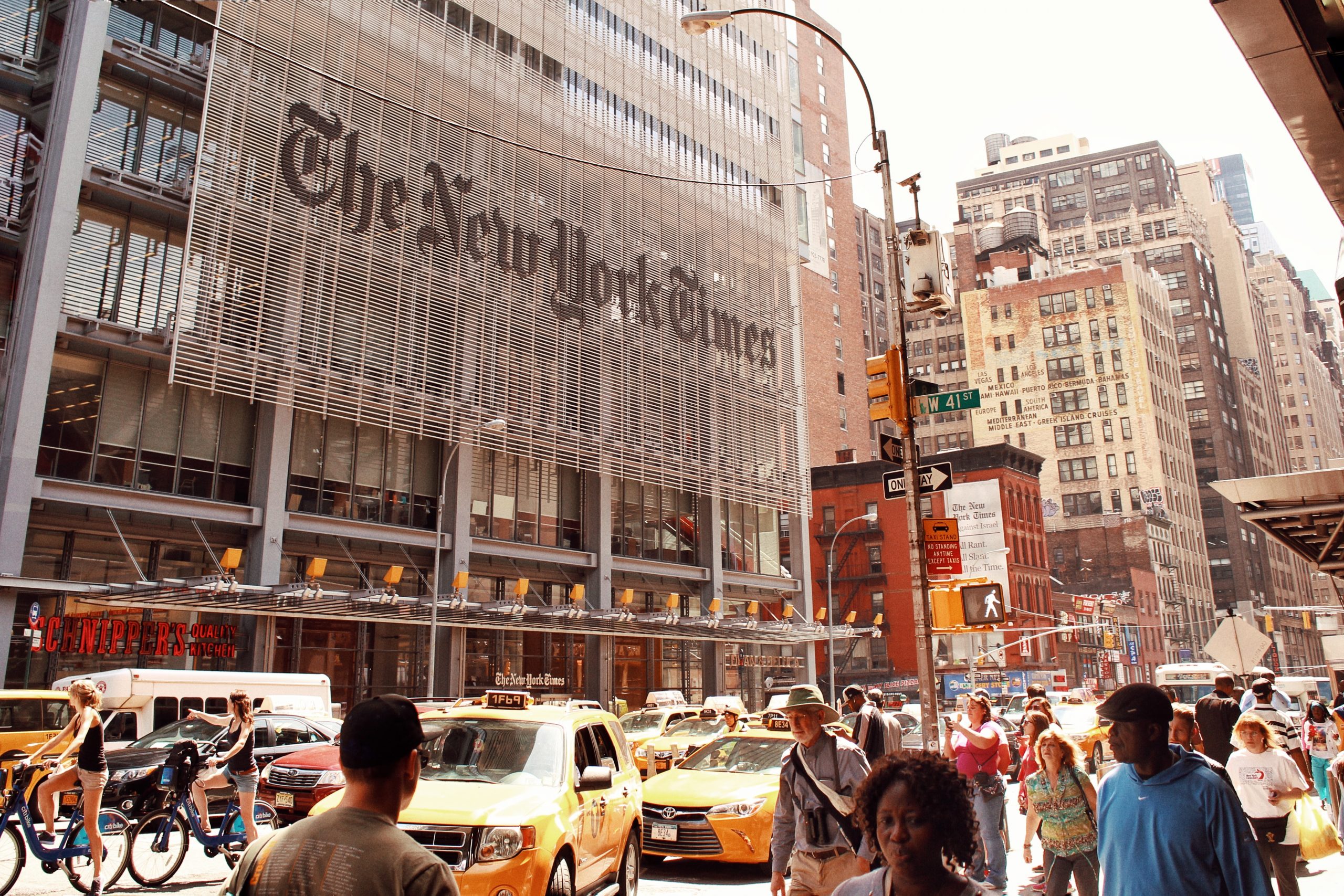
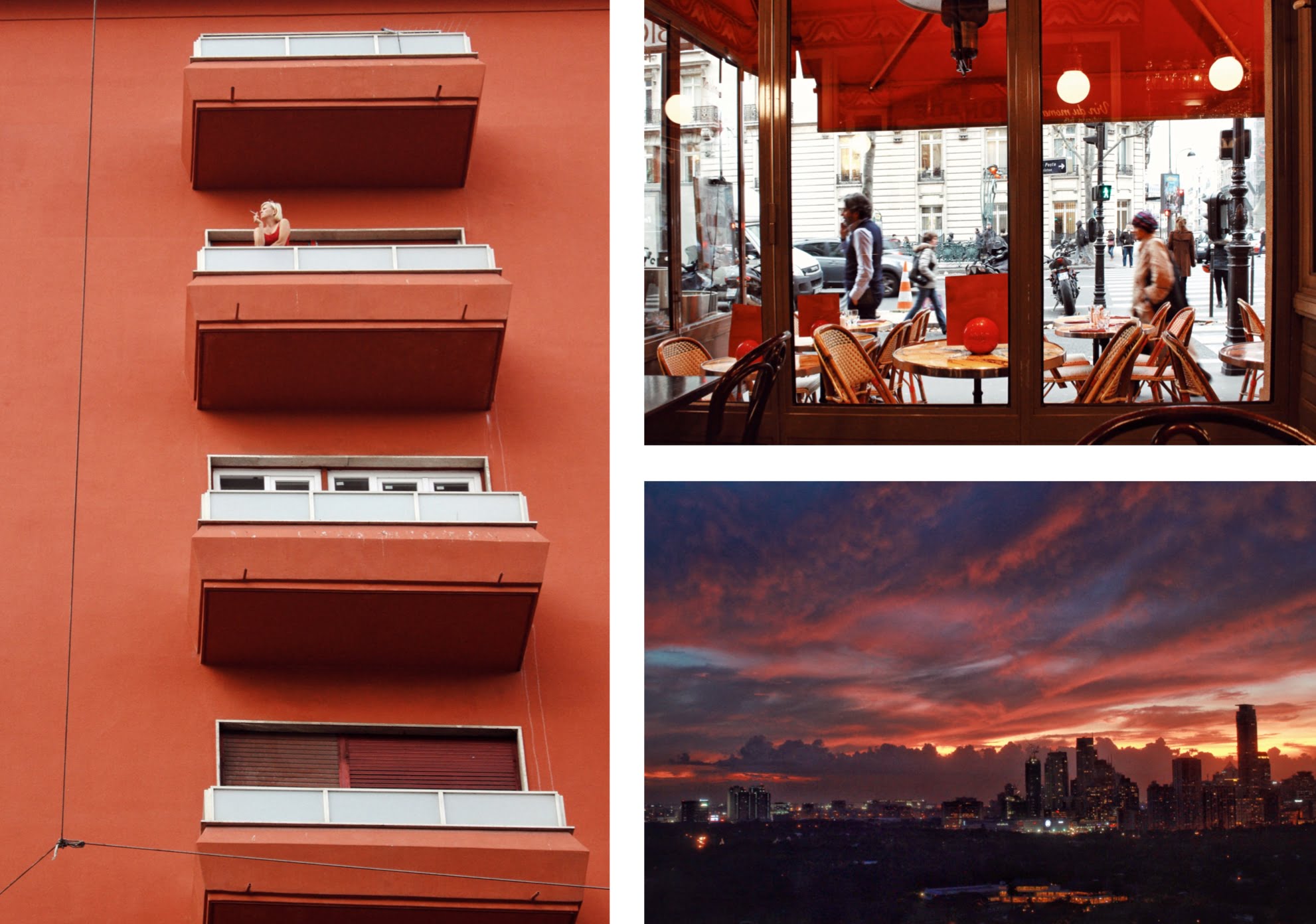

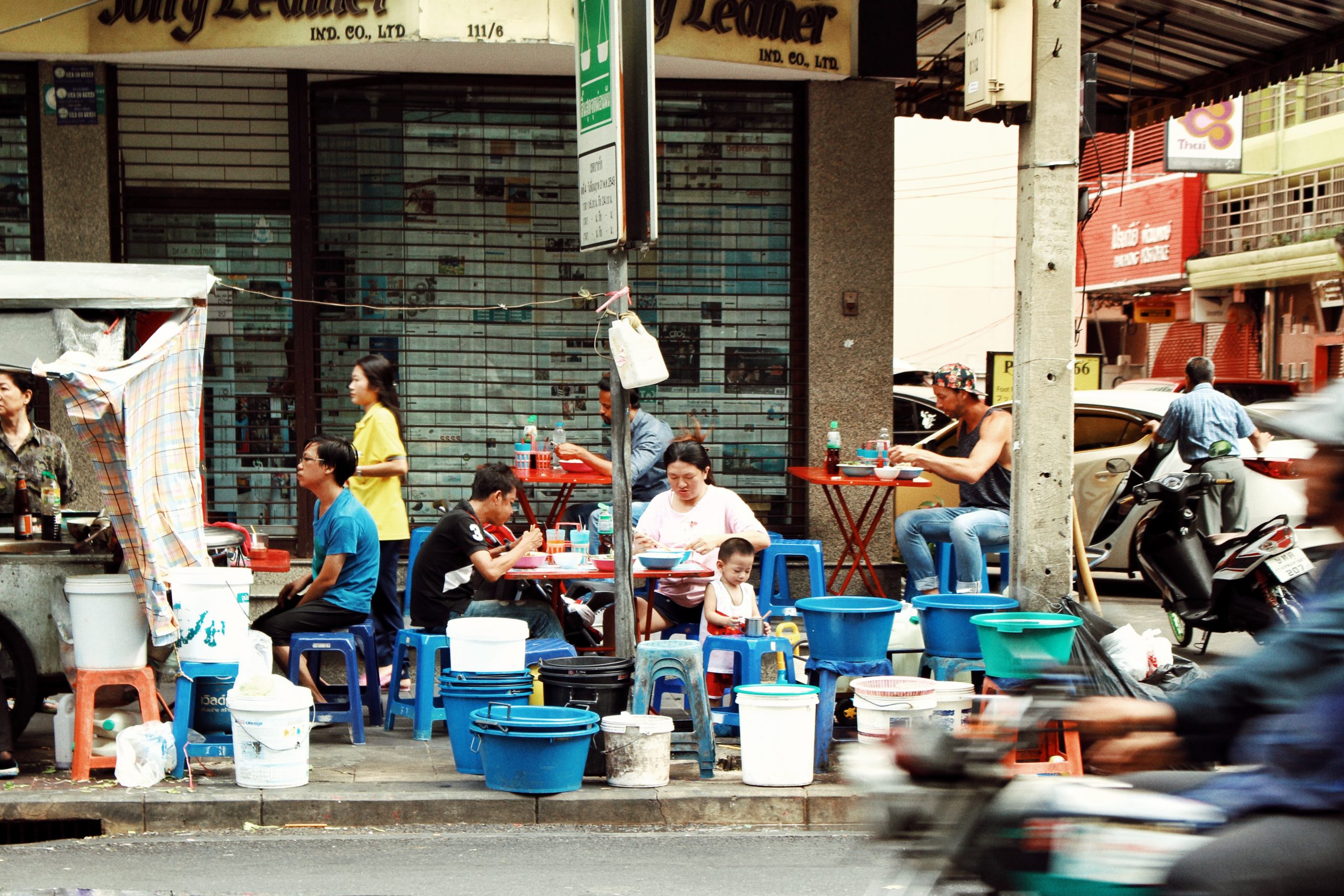

When I set off to visit a new city, I have something of Publilius Syrus in mind saying “in knowing nothing, life is most delightful”. Others might even think of Thomas Gray. “Ignorance is bliss” as he puts it in his 1768 Ode on a Distant Prospect of Eton College.
Why spoil the excitement, the delight of a city revealing itself to a traveler free of prejudice or preconceived notions about the place one visits for the first time? That instead of coming across the Siene in some pages of a travel magazine, we happen upon it one autumn afternoon on a trip to Paris.
Why bother Google or Alexa when it is so much fun asking a Pisani on why the tower of Pisa leans a particular way over a convivial drink at La Torre del Luppolo.
So let the auntie with a wok in Bangkok’s narrow street grin. It’s better not knowing about the crunchy bowl of red ants we gingerly wolfed down thinking it was fried rice.
In travel, the lesser we know, the more exciting it all becomes. Yet I understand it’s not for everyone. No matter how you look at it, whether you’re an optimist or a cynic, what feels like a profound experience for some might be terrifying for others.
Could there be a formula that takes a first time traveler (or tourist) ever closer to knowing a city? Certainly not. But it pays to remember the FIRST rule of travel as we throw ourselves into foreign lands, new frontiers and above all, waddle through the urban chaos of a strange city. Where does one begin?
Let’s take the city of Granada for example. Not the Granada in Mexico or in the Philippines. And certainly not Grenada, but the Andalusian Granada of Southern Spain.
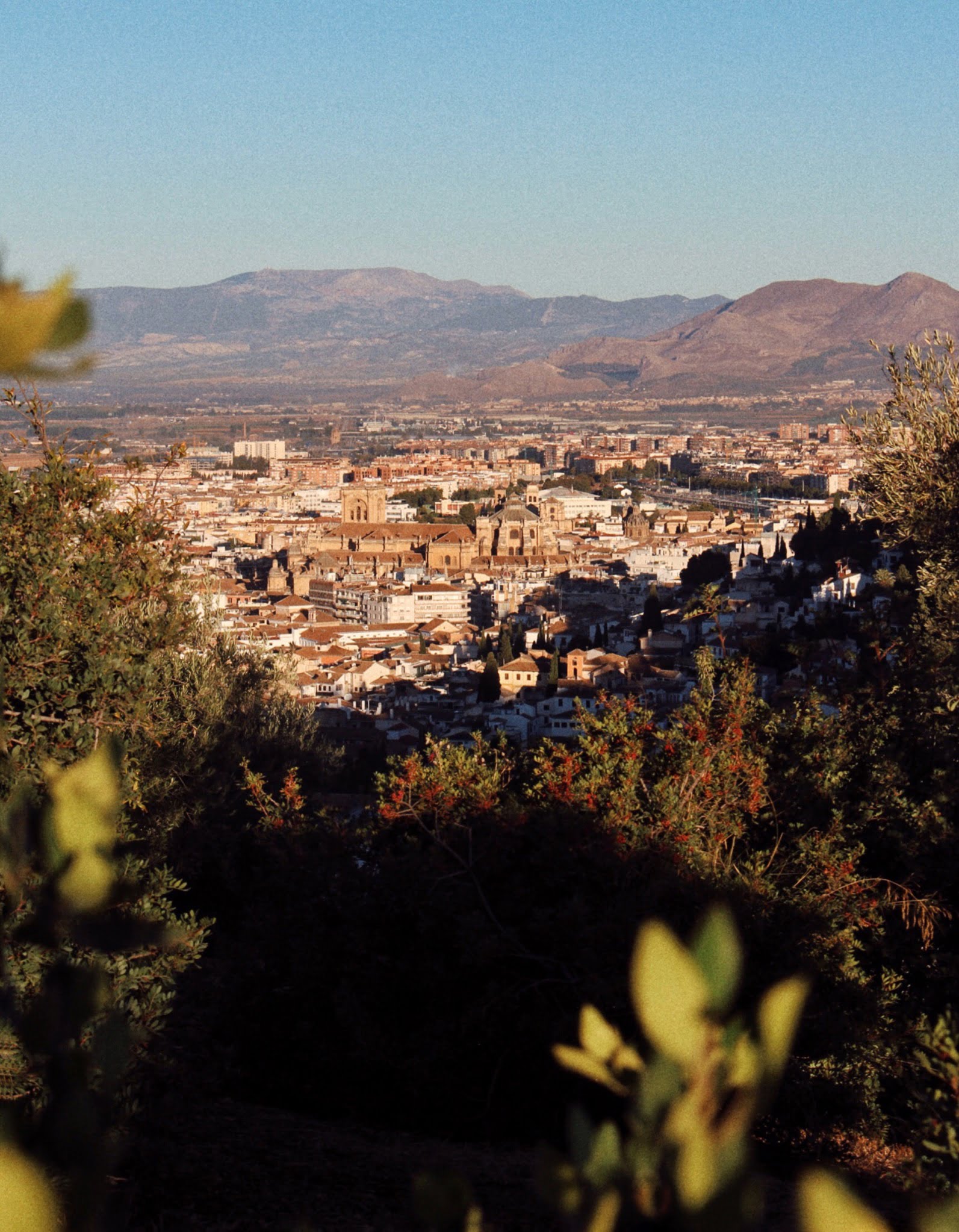

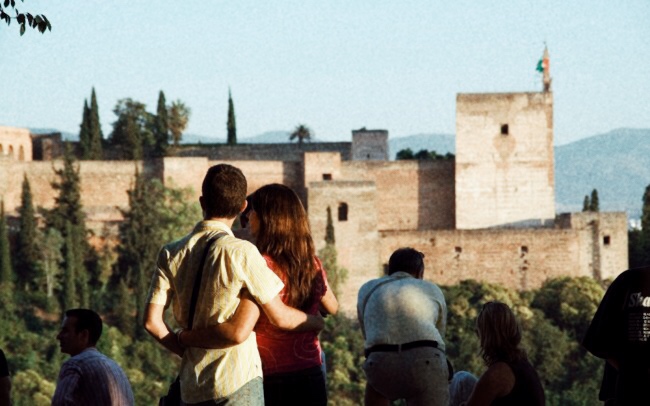

I picture you pulling out a virtual map, checking the distance between the city and where you are. You switched to satellite mode for a detailed view and noticed the geological terrain.
Over here is the Sierra Nevada visible by its snow-capped ridges. One side shows the undulating hills with desert patches in between. Just where the red iconic pin is and where the four rivers meet, the sprawling city of Granada unfolds. We tap, zoom in and out as if knocking on the city’s front door. Is it not that our understanding about the city begins THROUGH ITS LANDSCAPE?
How many great travel writers out there do you know of that are historians themselves? Perhaps the most intriguing part of knowing a city is learning about its HISTORY.
One doesn’t go to a birthday party not knowing whose party it is. It’s the same way as with cities. A trip to Granada will be most enriching if we know about its past, the layers of human stories, the dramas that took place from it’s founding, to the Islamic rule then to the Christian conversion, as well the ideas that flourished among the Jewish community. One could say that looking at history can unearth a city’s DNA, envision how a place evolved and how it will become.
“Granada is one of the oldest, most complex, magically surreal places in Spain, and one of the most beautiful…Any reasonable, sentient person who looks at Spain, comes to Spain, eats in Spain, drinks in Spain, they’re going to fall in love. Otherwise, there’s something deeply wrong with you. This is the dream of all the world. The dream is to live in Granada.” Writes Anthony Bourdain during his time in the city.
Any modern day traveler who is familiar with the late New York chef turned travel presenter, may also have gone to Granada following in his footsteps. As we tend to look up to influential figures who came before us in hopes of learning more about a place, we also come to know not just the myth of a city but revered NAMES that are synonymous of the city itself – Boabdil, Mariana Pineda and Federico Lorca.
Then there’s the prospect of learning about a city through sensory exploration – MUSIC and especially FOOD. “People are generally proud of their food. A willingness to eat and drink with people without fear and prejudice…they open up to you in ways that somebody visiting who is driven by a story may not get” observes Bourdain.
They say that a way through a man’s heart is through his stomach. It may also be true that a way through any city’s heart is through its language.
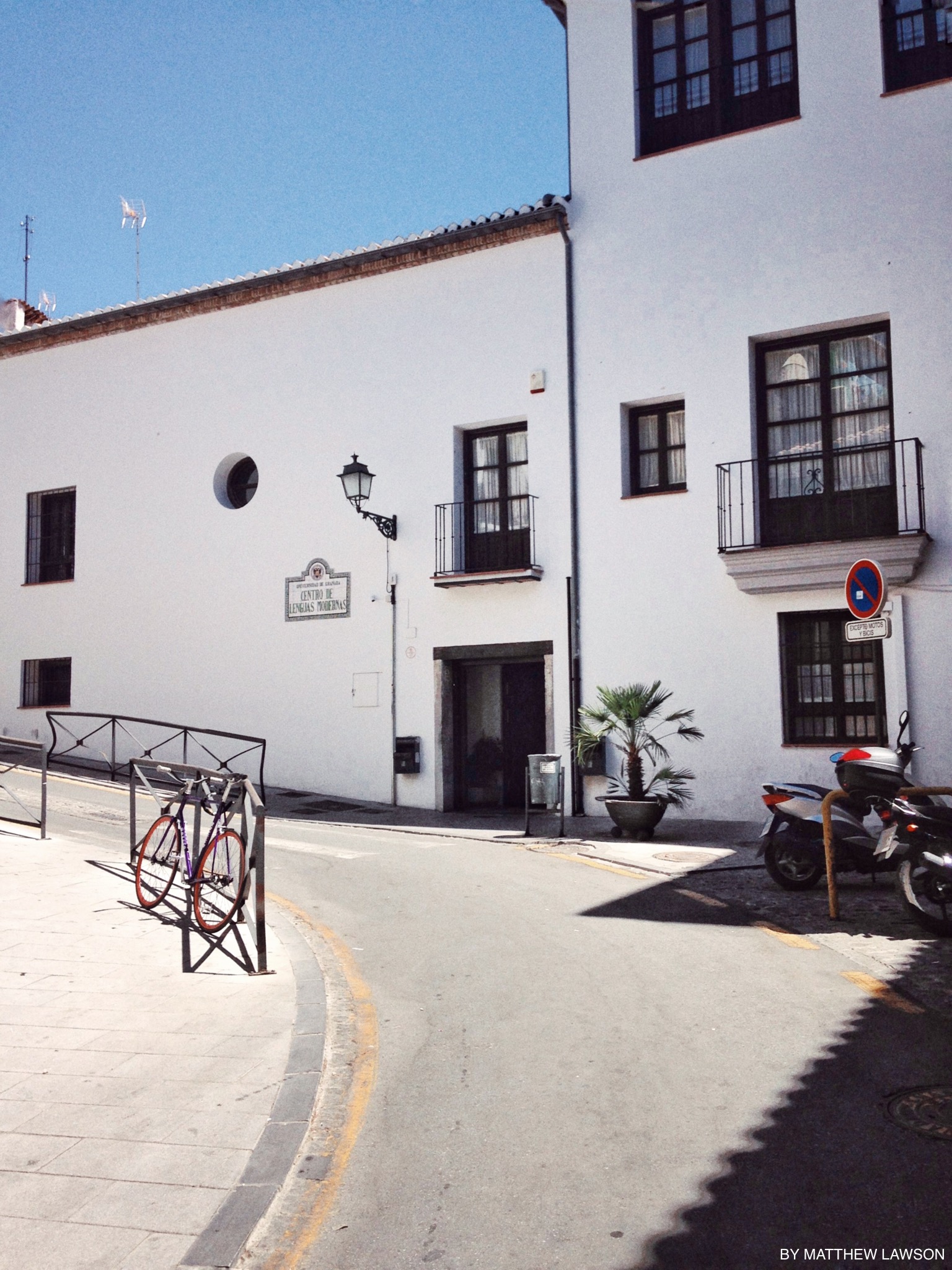

Learning a LANGUAGE may be the most rewarding way to understand a city and perhaps the most challenging. But why go to such lengths?
Is it because it allows the outsider to peer into another dimension of a city that is deeper and more profound? Or because the complexity of a city’s soul is expressed, as well as shared through spoken words of elevating affection?
I have wandered around Granada on far too many occasions and often feel that I am missing a kind of familiarity or that I fell short of being an old pal.
I have stepped into private courtyards, churches and hidden gardens; and ambled my way around leafy parks and shaded avenues. I have seen a great number of buildings and all sorts of people and exchanged pleasantries where my ‘hola’, ‘buenos dias’ and ‘gracias’ can only last so long.
I ache for the possibility of belonging to this city that speaks a language entirely different from mine. One afternoon while snooping around Granada, I came upon a language school housed in an old grand building. Written on a tiny plaque displayed outside was the name Centro de Lenguas Modernas (CLM) and stirred the dreamy side of me.
I imagined the joy of being able to speak fluently to the city, which will one day tell me about its dreams, hysteria, stories of love and some others things with a kind of familiarity.
Taking up a language course seems the obvious thing to do. Centro de Lenguas Modernas, under the University of Granada, suited me just fine as well as my grander aspirations. After all, it might just be the traveler’s answer to becoming ever closer to this enigmatic city. By then, who knows, we might know a secret Granada.
If you are a first time traveler or a world nomad by nature, whichever way you choose to know a city – be it landscape, history, food and music or through language, it’s entirely up to you. At the end, our cultural understanding can reveal unique insights on how a city or a place and its dwellers are defined and what makes them tick.
How was you recent travel abroad? When did you last have trouble deciphering a menu in a foreign langauge or do you have a secret hack? How did you connect to the city you visited last? Love to know and hear from your comments below 😉 Keep calm and travel.
BUTTER MY BAGUETTE
This website made of love strives to produce FREE CONTENT.
Help me tell more stories and keep this website free of any advertisement by supporting Flying Baguette in inspiring more people and connecting you with other cultures and communities around the globe. Donate a little or as much as you can afford to keep the magic of Flying Baguette going for years to come. Share your support through the icons below ⬇️
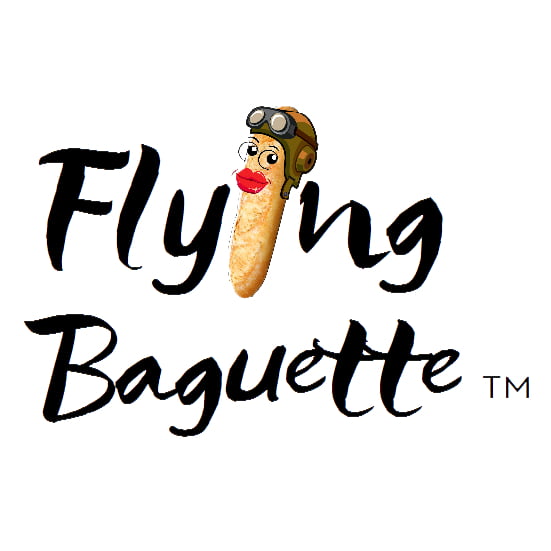




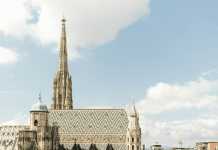




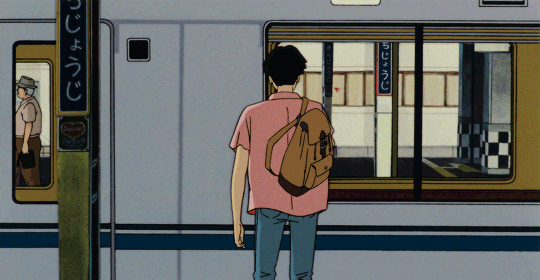

I know so little of places Jan before arriving. This is why traveling feels fun, freeing and fascinating to me; few expectations.
Ryan
Enjoyed reading your post, Jan. I used to be micro-planning, ultra-prepared, filled to the brim with information before setting my foot anywhere abroad. The older I get, the more I just let new places happen upon me. So far that works just fine for me. (Ellie sometimes gives me trouble for my lack of preparation haha…, but that’s all.)
How did I connect to the city I last visited? That would’ve been Arusha in Tanzania, ten days ago. Ellie & I were only there for less than a day. We had picked up a few words of Swahili. Our local guide arranged everything for us, including a visit to a local market, a charity that provides a living for disabled people by giving them the means to produce basic but beautiful artefacts like necklaces and earrings. None of this had been planned in advance, but was decided on the day. We didn’t get to speak much with locals, but tried to chat with them where we could, using our guide as interpreter.
I am definitely an over planner. I love to explore a city through food, but even here I like to plan: researching the best dishes and restaurants, trying to find (self-) guided food tours and so on.
So lovely to hear from a foodie 😉 I bet you’ve sampled most, if not all local dishes of a place where you’ve been to; and you probably have your favorites too. Thanks Carina for sharing your thoughts.
I love immersive experiences when traveling abroad. I am a bit of a planner so I do like to do some research ahead of time especially when traveling solo. But there is great delight in finding hidden gems on your own or via a local.
Me too! How new expereinces bring a welcoming change to our sometimes mundane existence 😉 While I like to play ‘the idiot abroad’ part, it’s also a good practice to plan ahead and do some research especially in places that are considered risky. Thanks again for reading the post and appreciate the comment 😉
Love this! And I have the sudden urge to travel to places unknown and experience the unexpected!
Thanks Peggy 😉 I guess that’s the beauty of travel – it satisfies the traveler’s curiosity and the urge to see the world.
I wish I could be the type of person who can just walk into a new place and explore without learning about it beforehand. I’ve always been the type of person who needs to know everything about everything, so it’s just my nature to read about the history. (How much I absorb is a different matter!) That said, I do try to walk around and explore as much away from main touristy zones as I can. I also try to learn at least some rudimentary language skills to navigate the most essential things.
Of course you can ☺️ I have a suspicion that you probably have been doing it from time to time without even realizing it. When there’s innocence, there’s dreaminess in travel ☺️ thanks for the read and the comment Paul 👍🏼